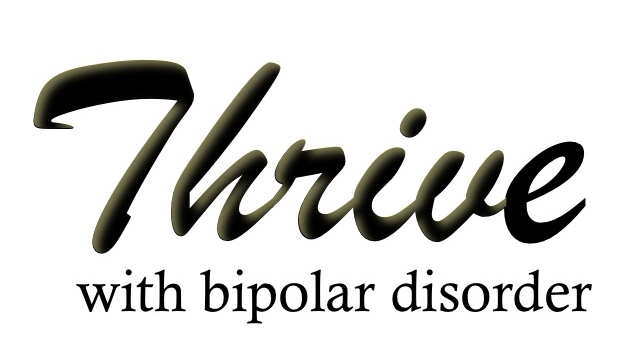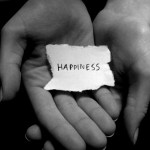One of the hardest challenges people living with bipolar disorder face is the fear that they cannot be happy, excited or experience stress in a normal way.
There is an assumption in our society that this is mania.
I believe it is NOT true.
The following article are simply my beliefs as a person who thrives with bipolar disorder and experiences a life full of happiness, excitement and stress.
HAPPINESS
Happiness that comes from feeling good about yourself…
self-esteem, self-worth, integrity, dignity, self-respect, what you’ve achieved, your family, how you treat people, give to people, gratitude for your life etc
….IS NOT MANIA…it is JOY.
Happiness and excitement that comes from what you plan to do in the FUTURE…
it is also JOY,
but because their is a GOAL that MAY invite the stressors of OVERWHELM or a drive of URGENCY…
the joy could lead to MANIA.
Therefore, happiness and excitement about what is current or in the past MAY be SAFE and not lead to mania at all. It may be happiness and excitement about the future that may have the potential to welcome mania into our lives.
There is NOTHING WRONG with being happy and excited about the future.
We simply have to be more careful and pay attention to our sense of URGENCY and STOP when we feel URGENCY and /or OVERWHELM.
We must PAUSE…and take time to calm down and focus on one step at a time instead of the big OVERWHELMING picture.
The KEY here…is we have to be able to RECOGNIZE what URGENCY and OVERWHELM feel like in our bodies so we can respond to them RIGHT AWAY, before MANIA can kick in and we lose control.
On a different note:
Happiness or energy that feels excessive or strange to you could be mania.
The amount of happiness we feel, that is considered normal happiness, is often in proportion with the cause.
If we feel extremely happy and a burst of energy from experiencing something that is ordinary to us…
The chances are we may be experiencing mania.
STRESS
We cannot avoid STRESS in life.
There will ALWAYS be stress in our lives.
To believe that we cannot handle stress dis-empowers us.
We have to learn how to cope with STRESS and how to receive support when we are OVERWHELMED.
People living with bipolar disorder already have the tendency to hold everything in an be STRONG.
This way of being for us, holding everything in or hiding everything, IS NOT HEALTHY FOR US.
By telling us that we must maintain a stress-free life…it encourages us to hold everything in.
I believe we appear to NOT handle stress well because our whole lives we have held the pain, the suffering, the loss, the wounds and the damage INSIDE OURSELVES.
Therefore, when stress happens in our lives…coming from the outside of ourselves, it is too much, we have an episode.
Our own shame, guilt, internalized stigma, self-fear, lack of self-trust, low self-esteem and other self-destructive emotions and actions are enough stress to cause relapse without ANY external stress.
In fact, I believe that internalized stigma is more stress than any daily external stressor.
One reason why I believe I have not had a significant episode in 15 years…is because I don’t hold anything in.
I do not hide anything from anyone.
My transparency frees me from internal STRESS.
It does not mean that I don’t have stress, it means that when I have stress, I let it out.
I am not ashamed or disgraced to have bipolar disorder.









